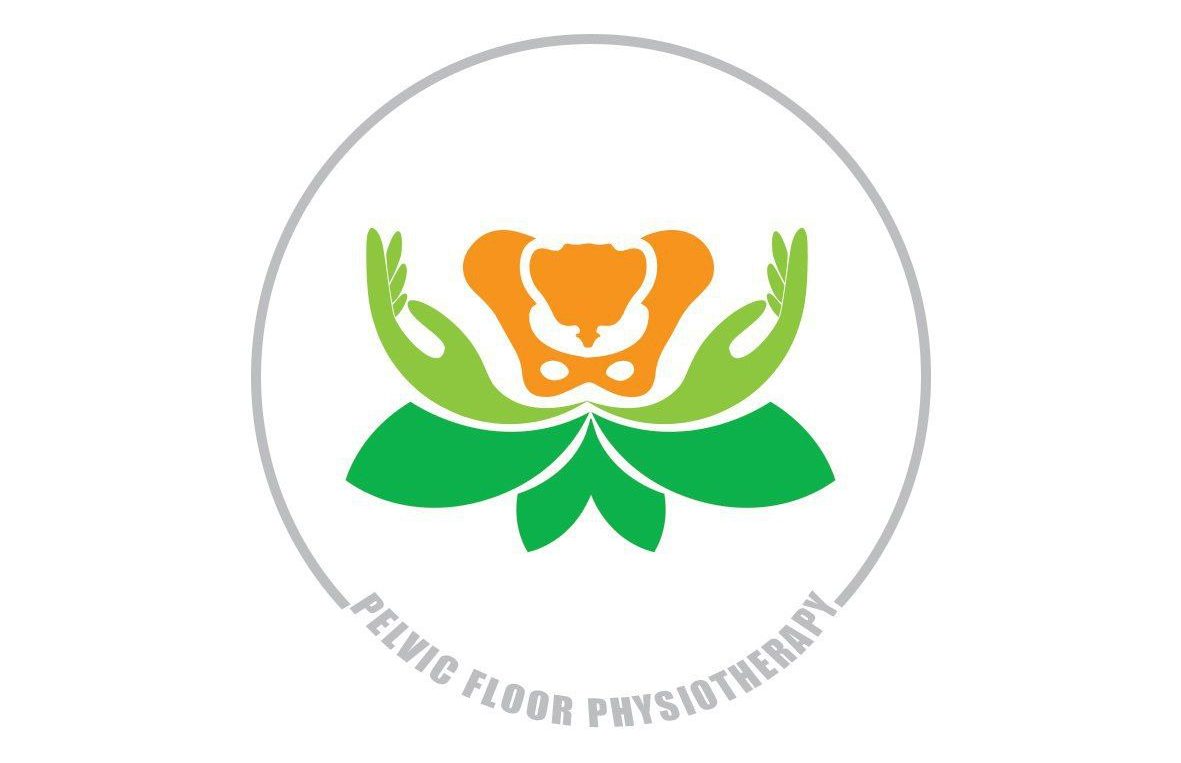Author: Dr. Afsaneh Nikjooy, Iran University of Medical Sciences, 1402
Abstract:
pelvic floor dysfunction means the abnormal functioning of the viscera and organs of the pelvic floor, such as the bladder, intestines, sexual organs, and also the presence of pain in the pelvic area. As a result of the dysfunction of the pelvic floor in the elderly, the following chronic constipation, urgency in stool, prolapse of pelvic organs, sexual problems, overactive bladder (such as urge to urinate, excessive frequency of urinating and nocturnal urination), types of urinary incontinence (stress-emergency-combination of both), urinary retention (complete or incomplete), chronic pains in the pelvic area of the elderly, among these problems, urinary incontinence and overactive bladder are the most common. Incontinence is two to three times more common in women than in men. Also, the elderly who have a history of hysterectomy, obesity, brain injuries and stroke, chronic lung diseases, women who have a history of pelvic organ prolapse, and men who have undergone surgery due to prostate cancer. They are more susceptible to urinary incontinence. In addition, the elderly who are very old and weak or who live in nursing homes suffer from fecal incontinence. It is very possible to have a stroke or Alzheimer’s disease in old age. Depending on the location of the brain damage, the elderly may or may not be able to delay defecation. There is no motivation to do this. In case of damage to the cerebellum, the muscles cannot coordinate well and will not perform optimally. When there is memory weakness (Alzheimer’s disease), the elderly need to schedule defecation, which means that the elderly should be taken to the toilet at regular intervals to empty the bladder. Since these problems can disrupt the quality of life of the elderly and disturb their peace like a chronic disease, in this section we are considering the elderly with defecation problems and involuntary discharge of feces and gas (faeces and gas incontinence) and how to prevent them. It is a treatment, but in fixed, the parameters are constant. In this study, patients with adaptive biofeedback were placed in two groups of intensive and non-intensive treatment. The results showed that in both groups; The treatment has been effective and the symptoms of constipation have improved. On the other hand, there was no difference between the two intensive and non-intensive groups, and the recovery was similar in both groups. To download the original version of the article, use the link below.
